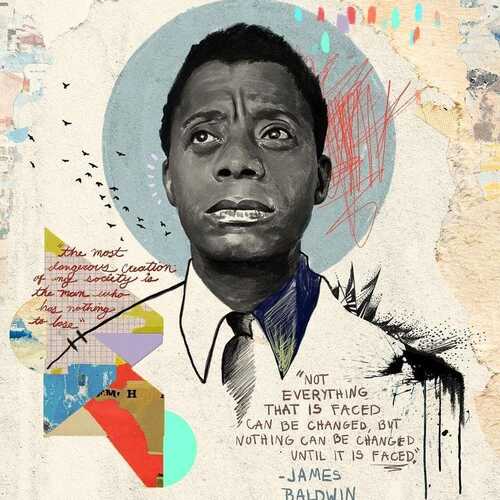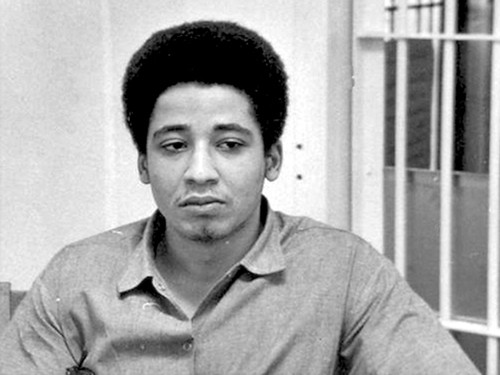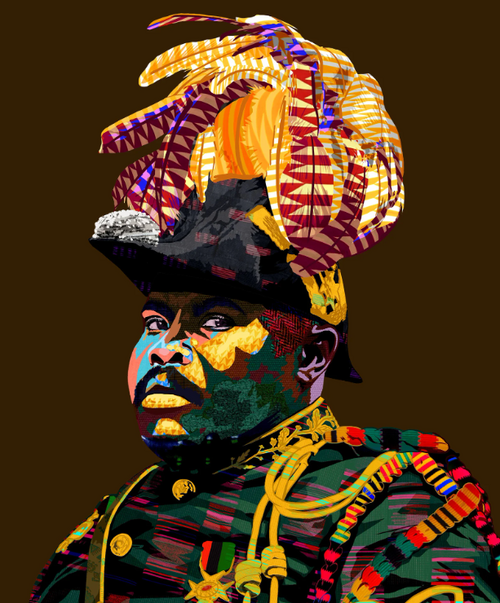
DOWNLOAD the 8.27 Study Guide

In 1944, James Baldwin met Richard Wright, who was the famous African American male writer at the time, and whose work spoke to his sensibility. In time, Wright would also become his mentor, for Baldwin appreciated Wright’s strong opinions about race in America, and he also greatly valued their intellectual exchanges. Wright helped Baldwin to obtain a fellowship to write his first novel, which enabled him to leave for Paris in 1948, where the older writer had relocated a few years earlier. However, while in France, the two were often at odds about the ways in which they approached race in their writings. Baldwin wrote three essays explicating his critique of Wright’s “protest art” in the novel Native Son (1940); their disagreement eventually led to the demise of their friendship, which Baldwin regretted after Wright’s death in 1960.
CLICK HERE to learn More about James Baldwin
CLICK HERE to learn More about James Baldwin
The Foundations of Black August
In August 1619, enslaved Africans touched foot in the first permanent English settlement in what is now the United States. The centuries since witnessed the development of a racial system more violent, extractive, and deeply entrenched than any other in human history. Yet where there is oppression, there is resistance. Since 1619, Black radicals and revolutionaries have taken bold collective action in pursuit of their freedom, threatening the fragile foundations of exploitation upon which the United States is built. These heroic struggles have won tremendous victories, but they have also produced martyrs—heroes who have been imprisoned and killed because of their efforts to transform society.
Black August is honored every year to commemorate the fallen freedom fighters of the Black Liberation Movement, to call for the release of political prisoners in the United States, to condemn the oppressive conditions of U.S. prisons, and to emphasize the continued importance of the Black Liberation struggle. Observers of Black August commit to higher levels of discipline throughout the month. This can include fasting from food and drink, frequent physical exercise and political study, and engagement in political struggle. In short, the principles of Black August are: “study, fast, train, fight.”
Black August is honored every year to commemorate the fallen freedom fighters of the Black Liberation Movement, to call for the release of political prisoners in the United States, to condemn the oppressive conditions of U.S. prisons, and to emphasize the continued importance of the Black Liberation struggle. Observers of Black August commit to higher levels of discipline throughout the month. This can include fasting from food and drink, frequent physical exercise and political study, and engagement in political struggle. In short, the principles of Black August are: “study, fast, train, fight.”


Marcus Garvey was a prominent orator and activist who advocated for Black Nationalism and Pan-Africanism. Born in Jamaica, Garvey founded the Universal Negro Improvement Association that was dedicated to promoting African Americans and their resettlement in Africa. This reflected his philosophy of Black separation and the establishment of Black nations in Africa, known as Garveyism, which sparked a global movement and went on to inspire members of the Nation of Islam and the Rastafari and Black Power movements. After launching several businesses in the United States, Garvey was convicted of mail fraud and deported back to Jamaica. He continued his work for Black repatriation to Africa until his death in 1940 at age 52. Garvey received a posthumous presidential pardon in his mail fraud case in January 2025.
CLICK HERE to read more about Marcus Garvey.
CLICK HERE to read more about Marcus Garvey.
